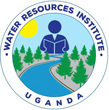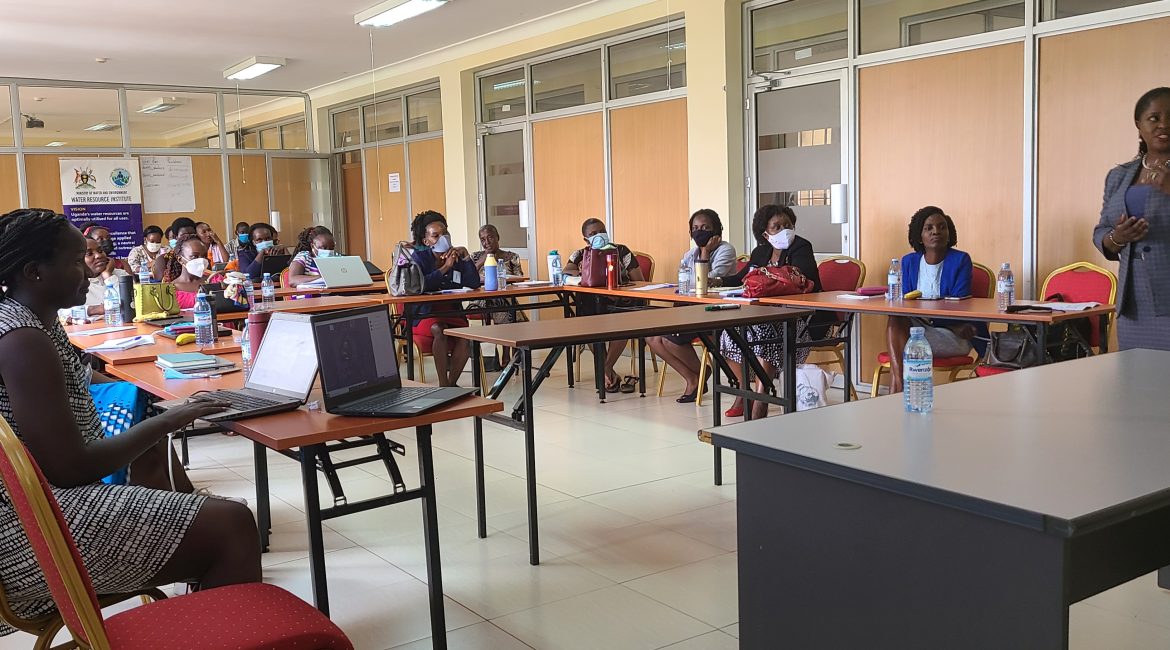
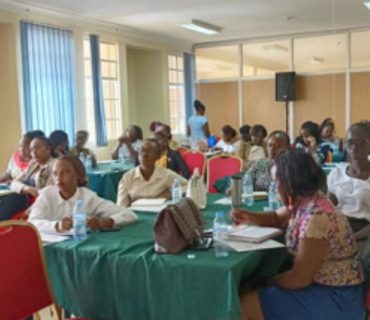
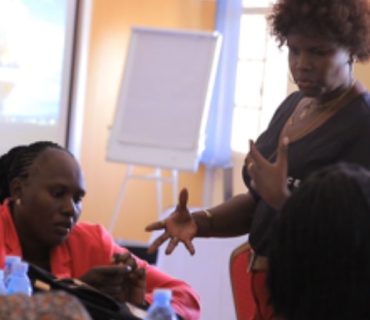
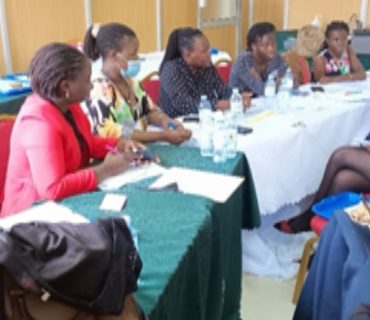
A comprehensive Sector Capacity Development Strategy has been established, with individual departmental plans being coordinated by the Sector Capacity Development Division. While implementation is the responsibility of each department, there is a growing need for a more integrated approach that encompasses broader water and related issues across both central and local levels, involving diverse stakeholders.
As the sector evolves, the requirements for skills, mindset, and practices among Ministry of Water and Environment (MWE) staff and other stakeholders are shifting, necessitating a holistic and strategic approach to capacity development. This approach must consider the cross-cutting nature of sector activities and ensure mechanisms are in place to meet these broader capacity-building needs.
However, the current sector setup faces challenges in addressing these strategic needs, due in part to limited resources, over stretched staff and insufficient skills. Opening up to external stakeholders within and outside the sector could be a potential solution to overcoming these limitations.
Various training institutions in the country offer courses related to water resources. These include Makerere University, with its College of Engineering and Industrial Art and College of Natural Sciences, Kyambogo University, with its Faculty of Building and Mechanical Engineering and Faculty of Biological Sciences, Ndejje University, Uganda Christian University, Busitema University, other universities, and technical colleges.
What is common to all these universities and colleges is that they offer specialized academic courses that don’t fully prepare individuals to address the needs of the sector. These institutions provide a range of training opportunities crucial for developing expertise in water and environment sector.
Mentorship

A mentorship program targeting entry-level and mid-career professionals is currently underway, with 180 mentored by 50 mentors over 4 cycles. Additionally, in collaboration with UNHCR, a graduate internship program in Water, Sanitation, and Hygiene was launched in 2022, with 44 students placed in refugee settlements. Of these, 20 completed a one-year internship and have received contracts from UNHCR and its partners.
